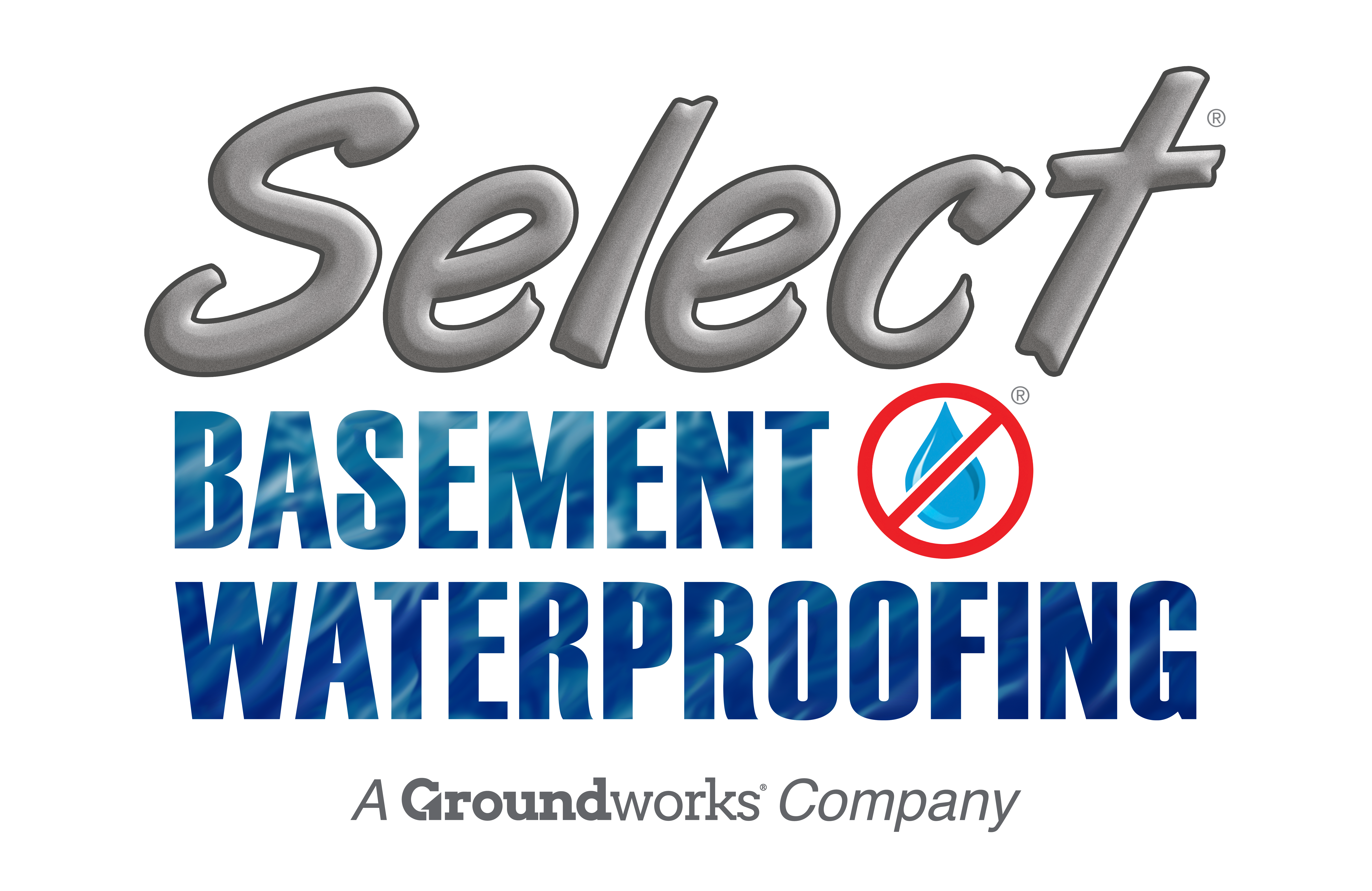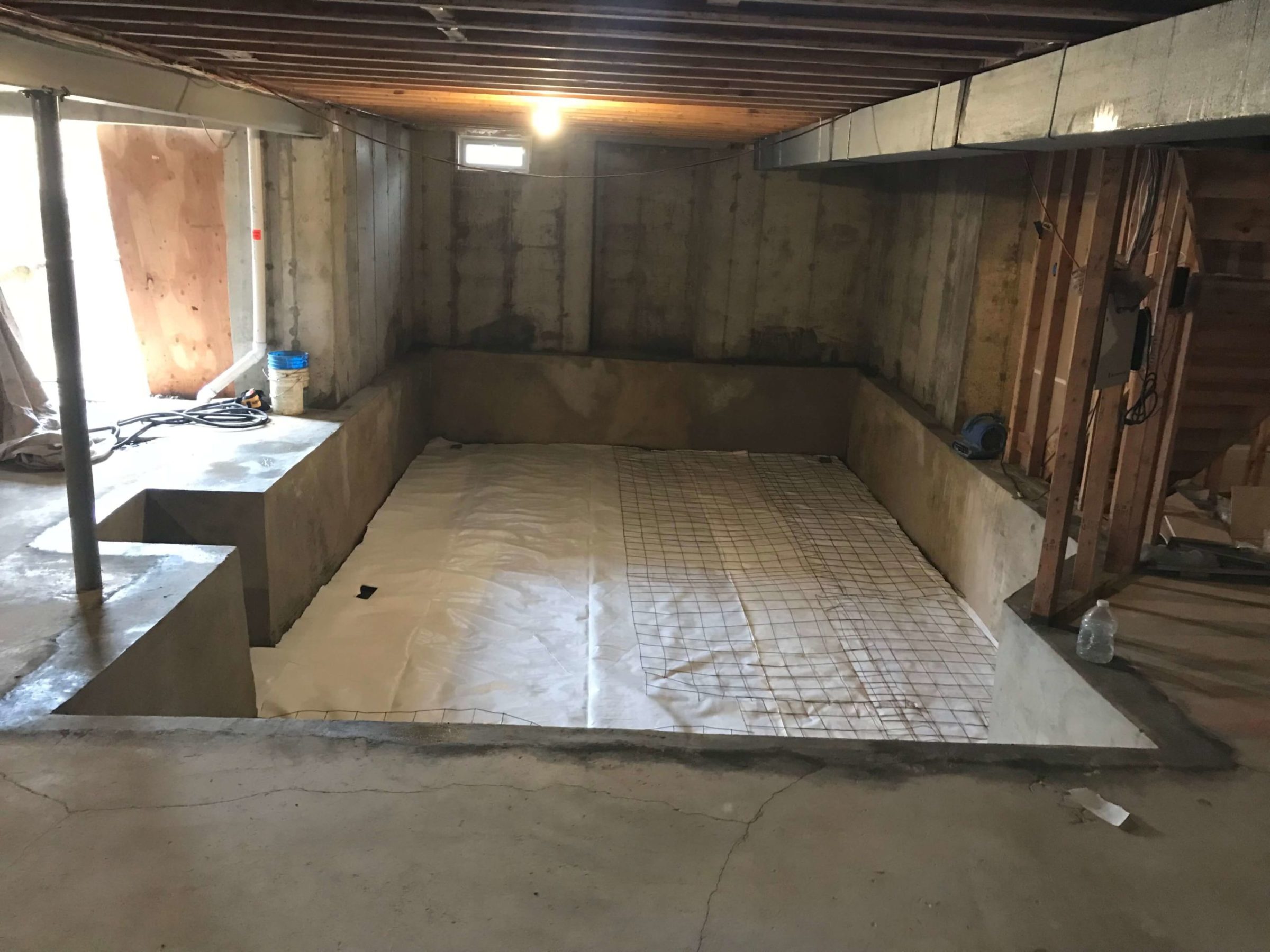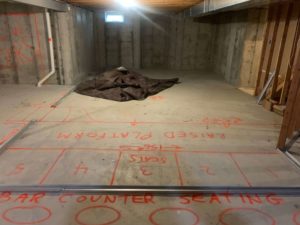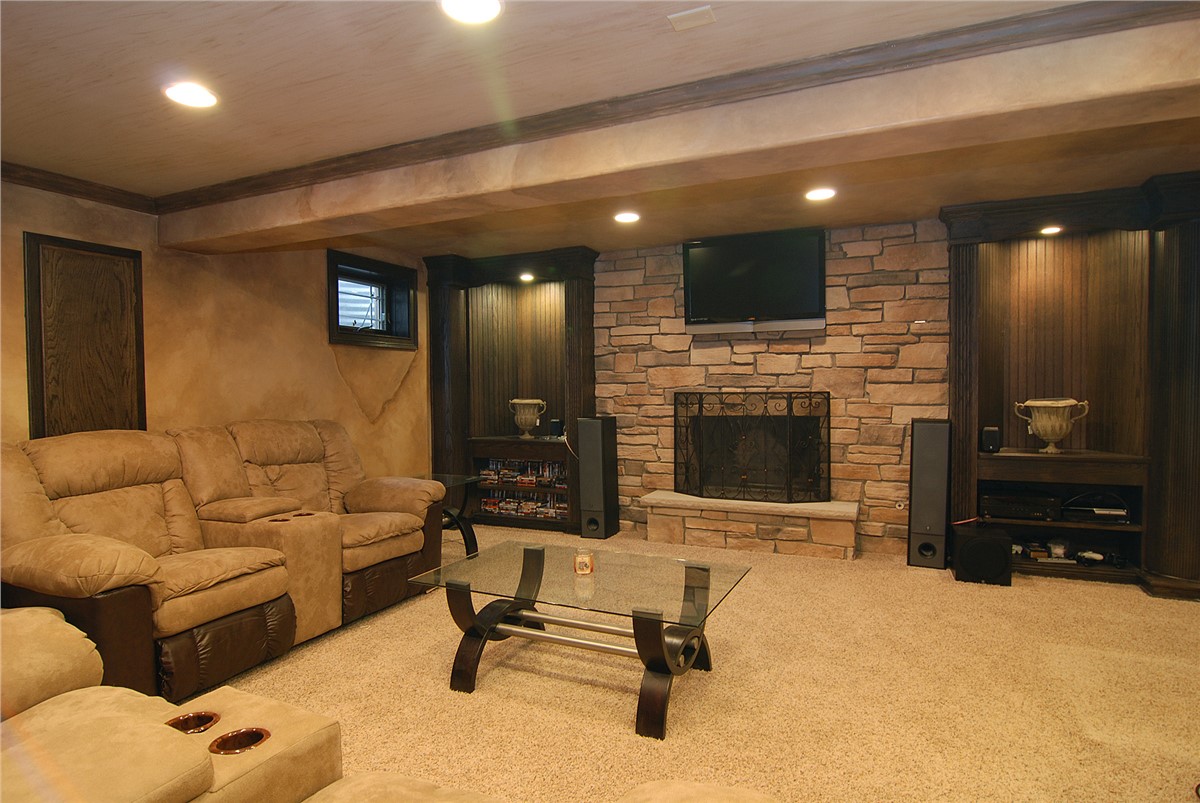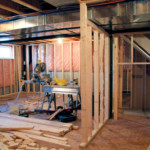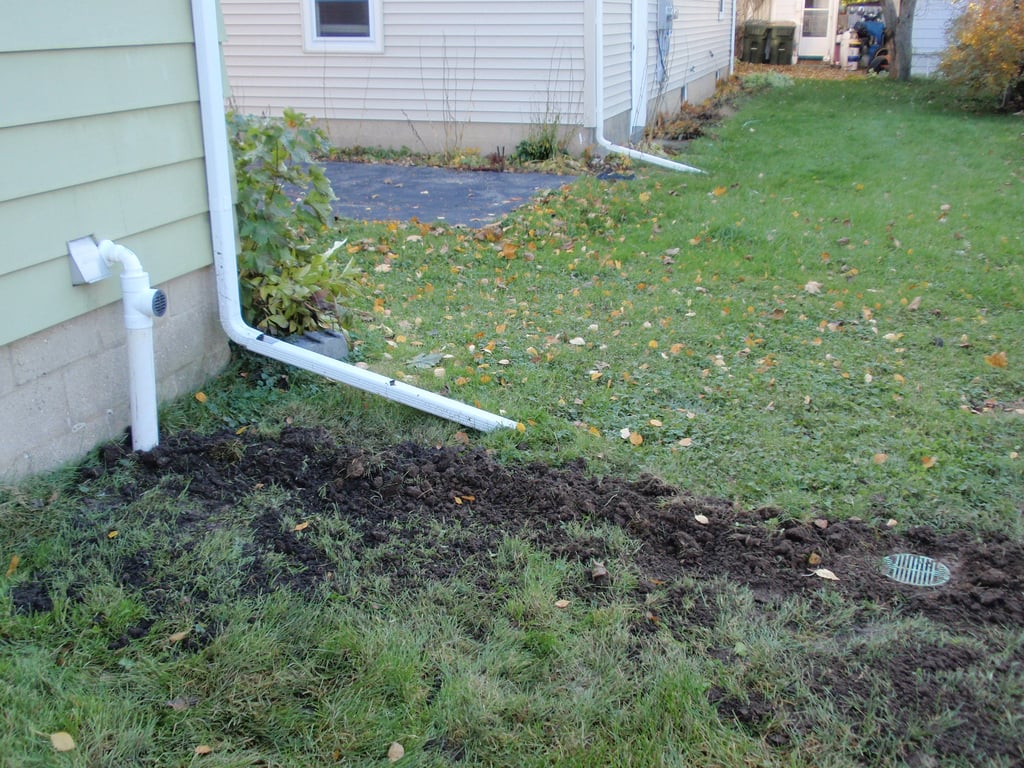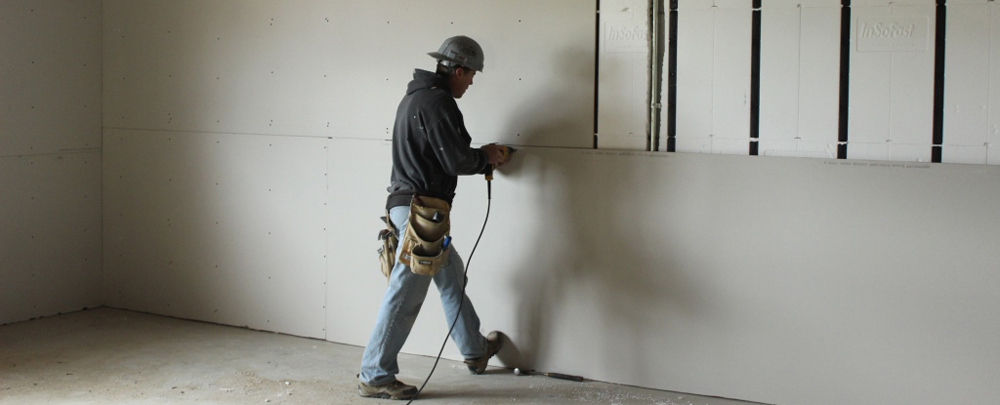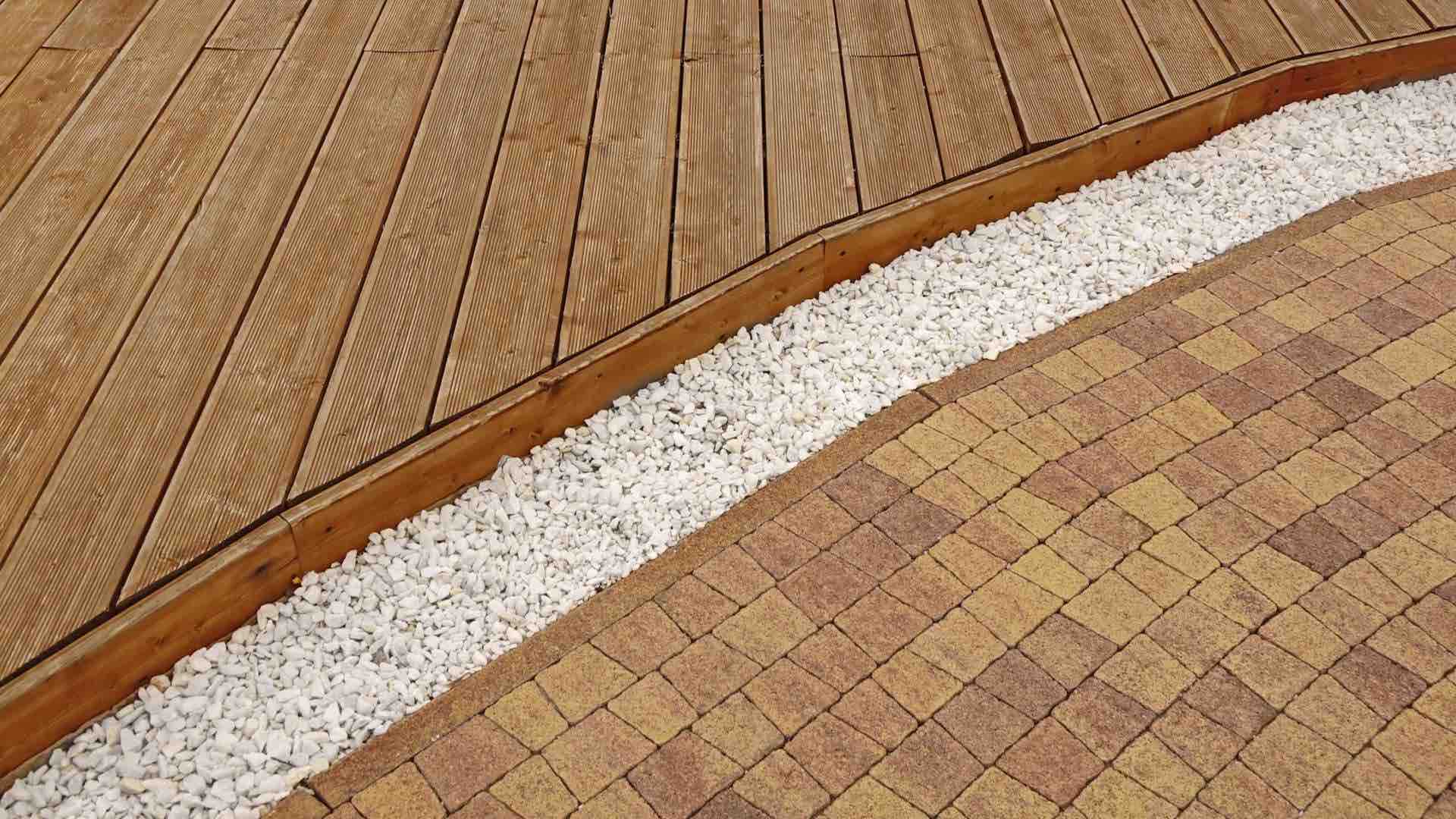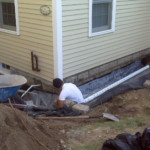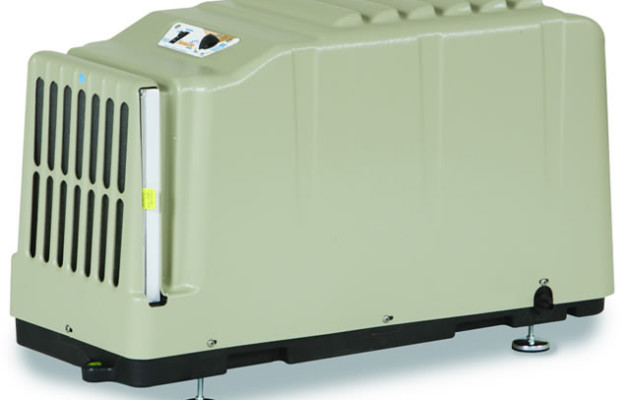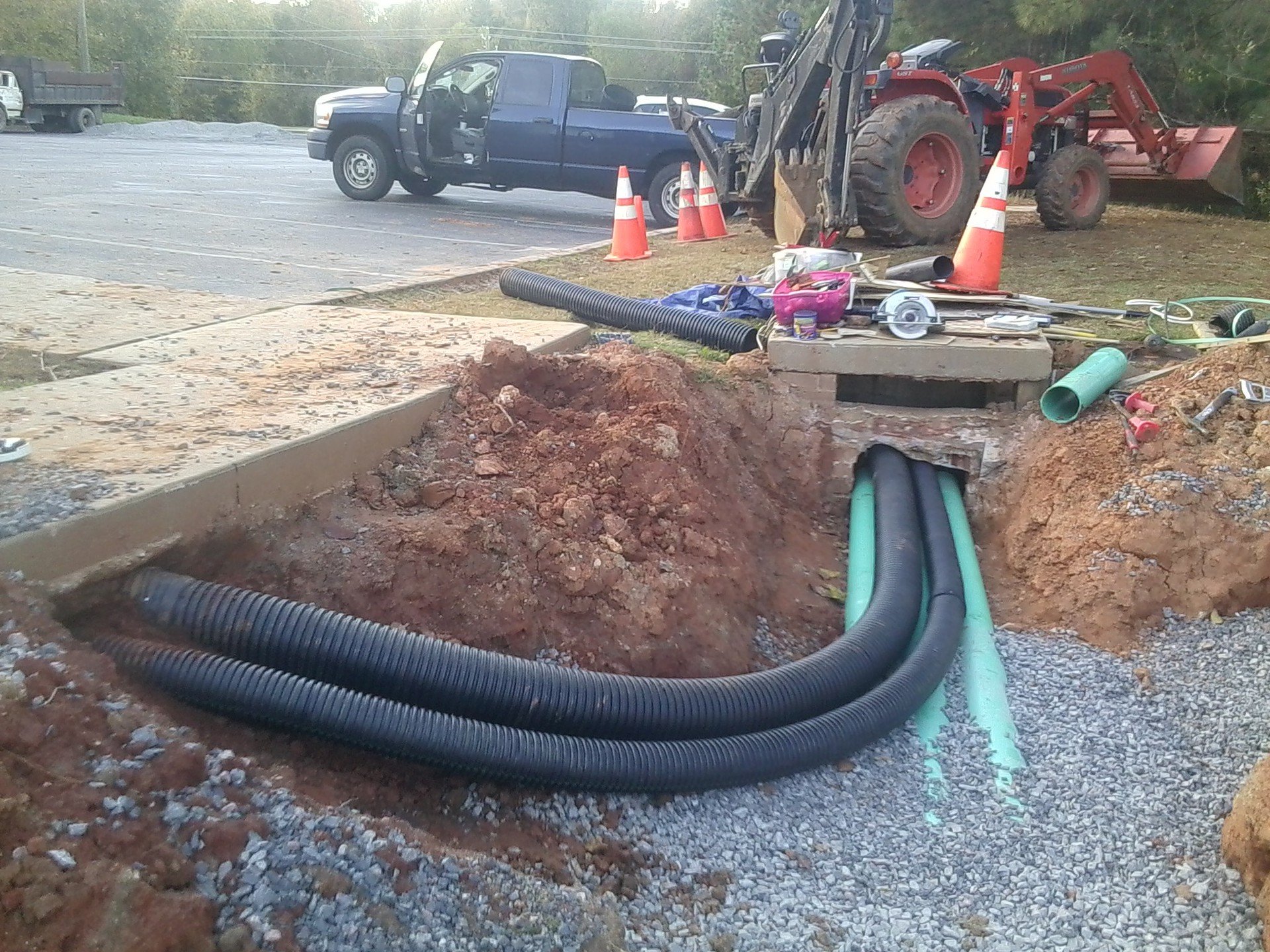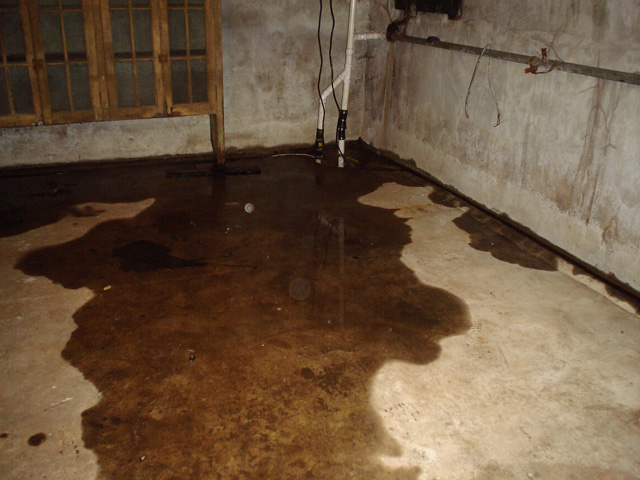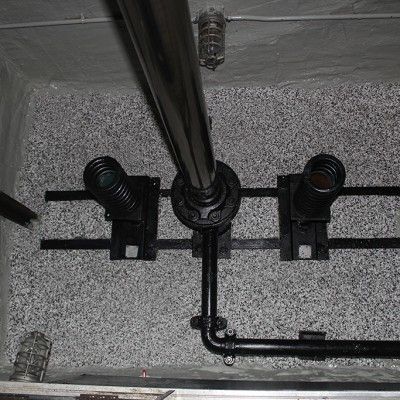Bowing basement walls occur when moisture or soil exert pressure on the walls, causing them to curve inward. Some of the first signs of bowing basement walls are cracks, and if ignored, the bowing in the walls will become worse over time. If you notice this, you should have your basement walls checked out as soon as possible. Here are the reasons why you need to be concerned about bowing basement walls.
- The walls can cause structural problems or even collapse
Even minor bowing in the walls can cause structural problems throughout the home. You may notice cracks in doorways, or doors becoming stuck. Windows can begin to stick, and the floors over the basement walls can become uneven and begin to slope. All these are major structural issues that can be avoided if the bowing basement walls are repaired sooner rather than later.
If the bowing is ignored, eventually it can become so severe that the walls will collapse under the pressure. These walls are the foundation of your home and are an integral part of its structure. If they collapse, your home may also collapse.
- The bowing basement walls can cause further moisture problems
The wall cracks that are a sign of bowing in walls are an opening for water to seep through from the outside. Water from the surrounding soil will begin to move into the basement, and you may begin to see water spots and puddles forming.
As water builds up in the basement, it can cause additional problems. For example, the basement may become flooded or wood may begin to rot. Your basement may have an insect infestation, or mold and mildew may begin to grow. Not only do these cause damage, they can also affect your health.
- The pipes or fixtures can become damaged
The bowing basement walls can damage the pipes and fixtures that run along them. They may begin to break, which can cause extensive and costly damage. They may also cause a number of additional problems, such as burst pipes or electrocution.
If you have noticed cracks in your basement or that the walls have become bowed, you will want to take action quickly to avoid further damage. An experienced contractor can inspect your home and help you determine the best solution to your problem. In doing so, you can be sure that your home is structurally sound and safe for you and your family.
Contact the professionals at Select Basement Waterproofing today! (732) 526-7770
